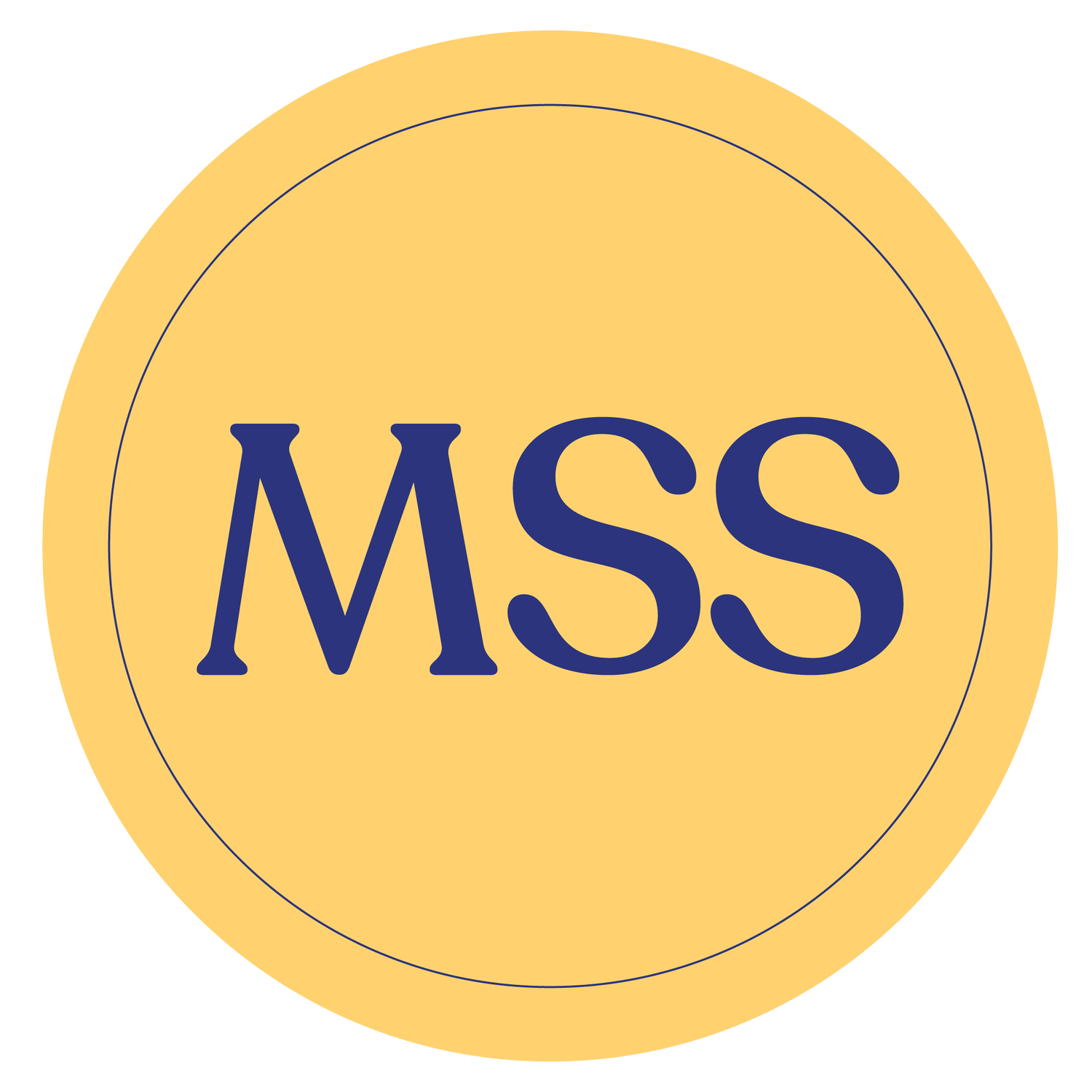
21st Century Skills
Development of the four C’s of 21st century leadership skills—Collaboration, Communication, Creativity, and Critical Thinking— begins in the toddler pilot program at Mustard Seed. The idea of cultivating leadership in a child who sometimes arrives to class in a stroller may feel excessive unless you consider the seeds of this skillset. Because competency in this area is so important, our teachers are already facilitating moments of interaction between students in the toddler play group.
“Conversation between students can actually drive deeper learning. For example, let’s say I am a student in our preschool class working on the City Unit and I claim that all construction workers are men. Another student could conceivably dispute that assumption: Can women work as construction workers? Guided by the teacher, both students will conduct research to resolve this question. Their studies may generate further wondering questions. This process of exploration and discovery helps children construct a sense of scholarly and personal agency as well as recognize the value of input from others.”—Emily Ford Sytsma, Assistant Head of School
Their collaboration skills only grow as they prepare STEAM projects, work together on exhibitions, or play together in musical groups and athletic teams. Anyone who has attended a basketball game this year has seen the impressive level of our student’s collaboration skills on full display. The Changemakers Leadership Group’s Bake Sale benefitting the Eleision Foundation, a non-profit that partners with communities to combat human trafficking and gender-based violence, is another case in point. These teams make collaboration look seamless and natural because they have been engaged in all facets of cooperative work for years by the time they reach Middle School.
In this way, children as young as four and five are learning the give and take of sharing information and collaborating to learn more. Our intentionality in providing academic environments that support communication between students may be one of the most striking differences between the Reggio approach and Montessori. Montessori rooms of children can be startlingly quiet. Children are encouraged to work independently. Inspired by the Reggio approach, students at Mustard Seed have opportunities to work on their own, but they also gain extensive experience collaborating in teams from a young age.
The Four C’s
If you could turn back time 20 years or even a decade, how would you define a leader? Common wisdom in the U.S. would describe him as the wisest, most charismatic, and probably loudest voice in the room. Fast forward to the present: Complicated, global challenges require the collaboration of a host of voices each with their own nuanced worldview, gender/ethnicity/nationality, and specialized education to solve problems. As the trend toward increased complexity continues, the Teddy Roosevelt model of leadership will probably appear even more archaic in our children’s future.





